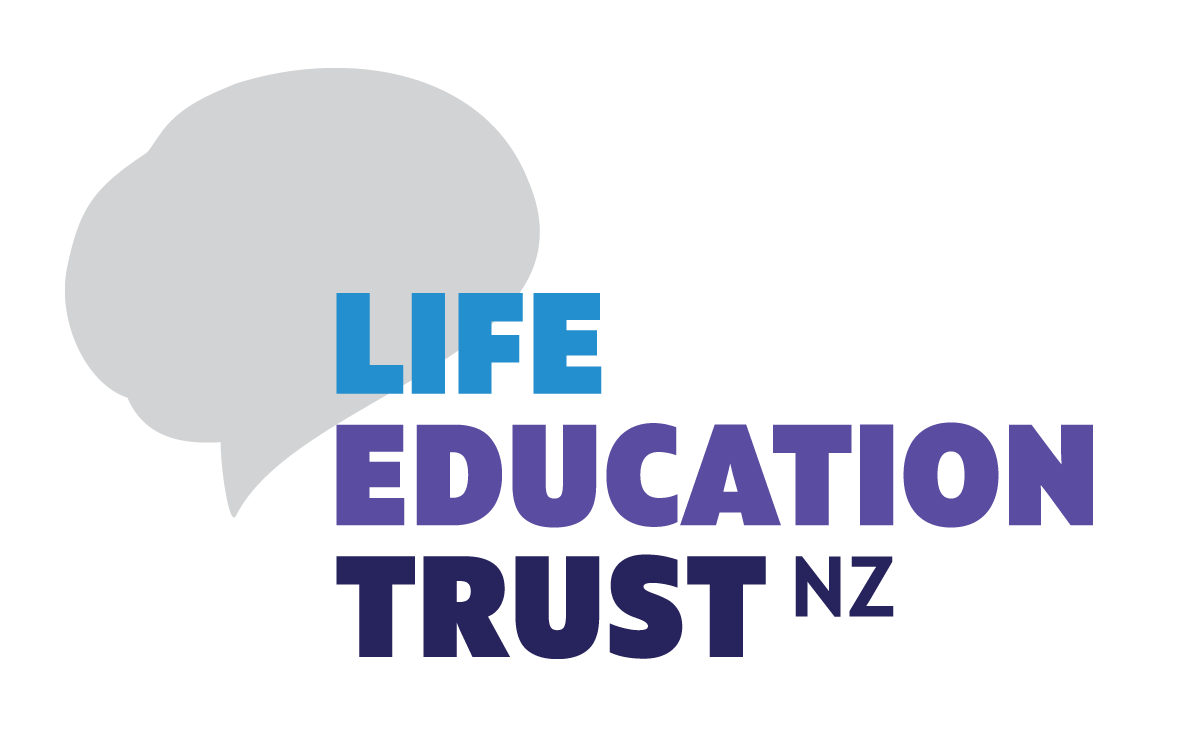Body knowledge equips kids for healthy choices
 |
At Life Education, we’re here to inspire children and rangatahi to make positive and healthy choices. However, the decisions today’s young people face today are often very different to those of their parents and caregivers. The right facts and education are vital in our work to equip kids to thrive, and so we regularly connect with experts.
 |
Dr Lynn McBain is the head of the Department of Primary Health Care and General Practice at the University of Otago. She recently shared her insights on body knowledge for young people and the choices they’re facing. She explained the strong link between physical health and mental wellbeing, especially when it comes to dealing with alcohol, substances, appearance and identity. |
Physical and mental health are closely linked
Proper diet and exercise are essential for good physical health and also contribute to better mental health. Dr McBain emphasised that the link goes both ways; most mental health conditions also bring about physical complications.
“When you're worried or anxious about something, you might find that you have a lot more action in your gut, whether it's the feeling that people talk about butterflies in their stomach, or feel more wind, or actually have diarrhoea.
“Not getting quite enough sleep, or just a little bit of low mood is likely to affect the gut health and gut response because of the effect on the neurotransmitters in the brain.
“If people have abdominal symptoms, pain, wind, feeling nauseated, having diarrhoea, looking after their mental health can be really, really helpful… It's often multifactorial."
What makes sense on substances is different for kids
Most teenagers need to make choices about alcohol, and they must understand their bodies won't react in the same way as an older person. It's the same for smoking and vaping.
“The concern with teenagers is that often their livers are pretty busy metabolising their food intake. All the other things that are happening, such as alcohol, is going to have an effect on the function of the liver,” said Dr McBain.
"This is different for their adults or parents, where alcohol starts to have a bigger effect because their livers are just getting older.
“Anything that affects your brain can make cognition worse. So in older people, alcohol definitely has a stronger effect on the brain. Smoking does too, because it affects the amount of oxygen coming into the brain.
“The effects of vaping are because of the direct inhalation to the lungs. There are also a lot of active sweeteners in vapes, which would be very bad for the teeth.”
Social aspects play a huge role in the eating habits of young people
The pressure of perfection that social media brings is no secret. Our rangatahi are particularly vulnerable to unrealistic expectations and standards for their appearance.
Dr McBain explained that for young people, many eating habits are tied to societal factors such as what’s trending and what their peers are doing. It is important to guide them against focusing too much on diets and instead view food intake as giving our bodies the nutrition we need.
“What people eat is so closely entwined with socialisation, particularly for adolescents. We need to be aware of not becoming too diet and food-focused and encouraging more a mixed diet so they can also participate in the social part of eating.
She reminded us the consequences of eating disorders can be catastrophic and far-reaching.
“Induced vomiting from bulimia is extremely bad for the teeth because of stomach acid coming up and affecting the back of the teeth. And that tends to result in lifelong issues, as well as all the other issues associated with eating disorders.
Diet trends should be treated with caution
Dr McBain further cautioned against following trends without medical expertise. She said that although gluten-free choices have become accessible to young people, totally removing gluten from a diet can have negative consequences.
“If people exclude gluten, like especially fully exclude when it's not absolutely necessary, then they're almost tying themselves into needing to stay off, which can be problematic.
“The receptors that deal with gluten in the bowel aren't used, and then they become blunted and not as effective. And then if people go back to eating gluten, they get a lot of symptoms because the gluten that they're eating is not being well digested.”
Gender identity deserves attention
Dr McBain explained that as educators and caregivers, we should recognise that gender identity and hormone alternation can impact the health and growth of our rangatahi.
“With puberty blocking, which is sometimes undertaken for people who are gender questioning or looking towards gender transition, that will stop height growth because that stops the puberty hormones.”
Dr McBain acknowledges that our young people are growing up in a complex world. As educators and caregivers, our support is valuable.
Care and knowledge go hand-in-hand
At Life Education, we're committed to ensuring our programmes remain relevant and up-to-date. We’re also pleased that our educators, who are all qualified teachers, embraces the opportunity for lifelong learning. It means we can make the most of experts who so generously share their insights. Our thanks go to Dr Lynn McBain for her time and wisdom.
